
EU adopts wide-ranging individual and economic sanctions against Russia
The European Union last night decided to sanction Vladimir Putin, President of the Russian Federation and Sergey Lavrov, Minister of Foreign Affairs of the Russian Federation.
The EU also agreed on a further package of individual and economic measures also covering Belarus to respond to the unprovoked and unjustified military aggression carried out by the Russian Federation against Ukraine, a press release said.
“President Putin and his government started a war against an independent, sovereign neighbouring country. The behaviour of the Russian leadership constitutes a major threat to international peace and security. Today, we are replying with the strongest possible restrictive measures. The European Union is united in its resolve, together with international partners and allies, to defend the peace order, international law and the rules based system,” said Josep Borrell, EU High Representative for Foreign Affairs and Security Policy.
The package of sanctions includes:
Individual sanctions
In addition to freezing the assets the Russian President and Foreign Minister, the EU will impose restrictive measures on the members of the National Security Council who supported Russia’s immediate recognition of the two non-government controlled areas of the Donetsk and Luhansk oblasts of Ukraine as independent entities. Sanctions will also be extended to the remaining members of the Russian State Duma, who ratified the government decision of the Treaty of Friendship, Cooperation and Mutual Assistance between the Russian Federation and the two entities.
Furthermore, the EU will also target those individuals, who facilitated the Russian military aggression from Belarus.
Economic sanctions
- Financial sanctions
The package further expands the existing financial restrictions, thereby cutting Russian access to the most important capital markets. It also prohibits the listing and provision of services in relation to shares of Russian state-owned entities on EU trading venues. In addition, it introduces new measures which significantly limit the financial inflows from Russia to the EU, by prohibiting the acceptance of deposits exceeding certain values from Russian nationals or residents, the holding of accounts of Russian clients by the EU Central Securities Depositories, as well as the selling of euro-denominated securities to Russian clients.
These sanctions will target 70% of the Russian banking market, and key state-owned companies, including in the field of defence. They will increase Russia’s borrowing costs, raise inflation and gradually erode Russia’s industrial base. Additionally measures are taken to prevent the Russian elite’s fortunes from being hidden in safe havens in Europe.
- Energy sector
The EU will prohibit the sale, supply, transfer or export to Russia of specific goods and technologies in oil refining, and will introduce restrictions on the provision of related services.
By introducing such an export ban, the EU intends to hit the Russian oil sector, and make it impossible for Russia to upgrade its oil refineries.
Russia’s export revenues accounted for €24 billion in 2019.
- Transport sector
The EU introduced an export ban covering goods and technology in the aviation and space industry, as well as a prohibition on the provision of insurance and reinsurance and maintenance services related to those goods and technology. The EU will also prohibit the provision of related technical and financial assistance.
This ban on the sale of all aircrafts, spare parts and equipment to Russian airlines will degrade one of the key sectors of Russia’s economy and the country’s connectivity, as three quarters of Russia’s current commercial air fleet were built in the EU, the US and Canada.
- Technology sector
The EU imposed further restrictions on exports of dual-use goods and technology, as well as restrictions on exports of certain goods and technology which might contribute to Russia’s technological enhancement of its defence and security sector.
This will include products such as semiconductors or cutting-edge technologies.
- Visa policy
Diplomats, other Russian officials, and business people will no longer be able to benefit from visa facilitation provisions, which allow privileged access to the EU. This decision will not affect ordinary Russian citizens.
Individual restrictive measures will apply to a total of 654 individuals and 52 entities, and include an asset freeze and a prohibition from making funds available to the listed individuals and entities. In addition, a travel ban applicable to the listed persons prevents these from entering or transiting through EU territory.
Find out more
MOST READ
SEE ALSO
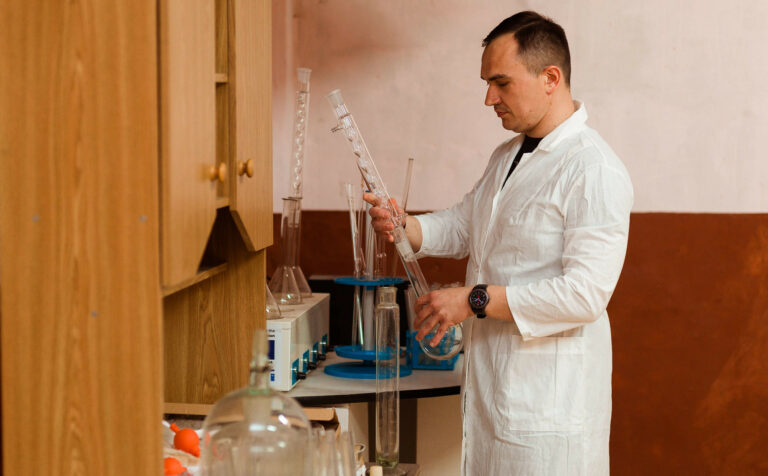
EU allocates extra €10 million to support researchers from Ukraine under Horizon Europe
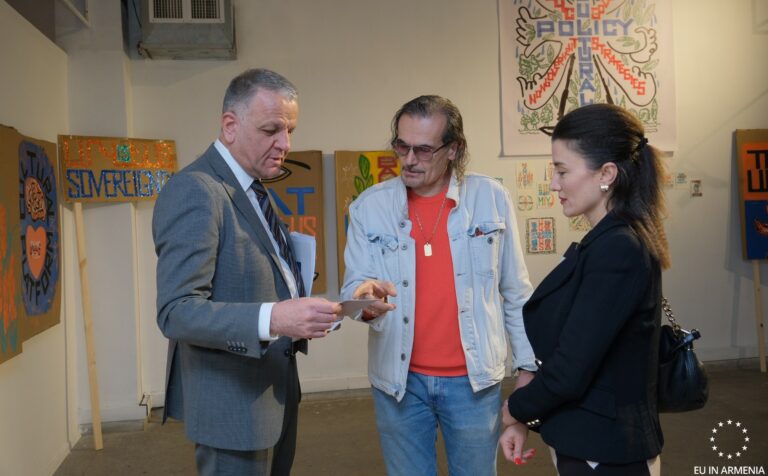
EU-Armenia Roadmap to open new opportunities in international cultural relations and diplomacy
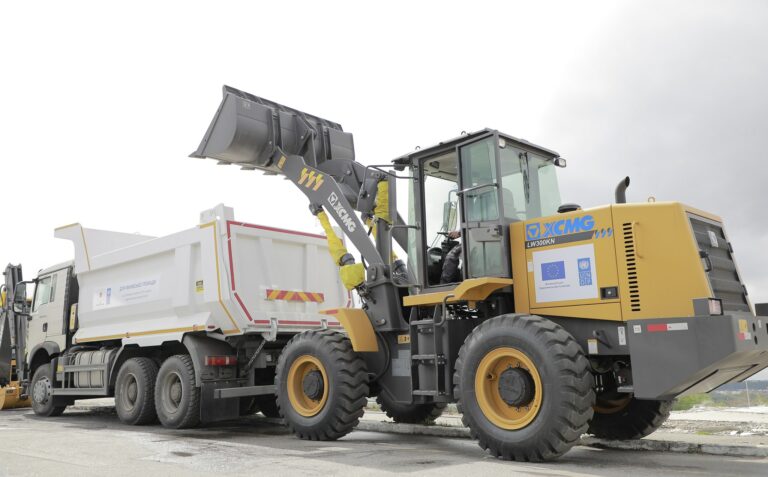
EU, UNDP and Japan donate equipment for debris and municipal waste management in Ukraine
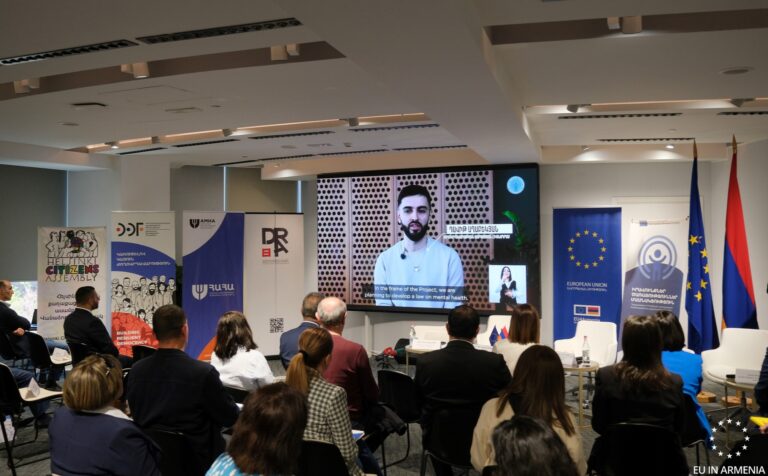
EU launches initiative to support mental health in Armenia
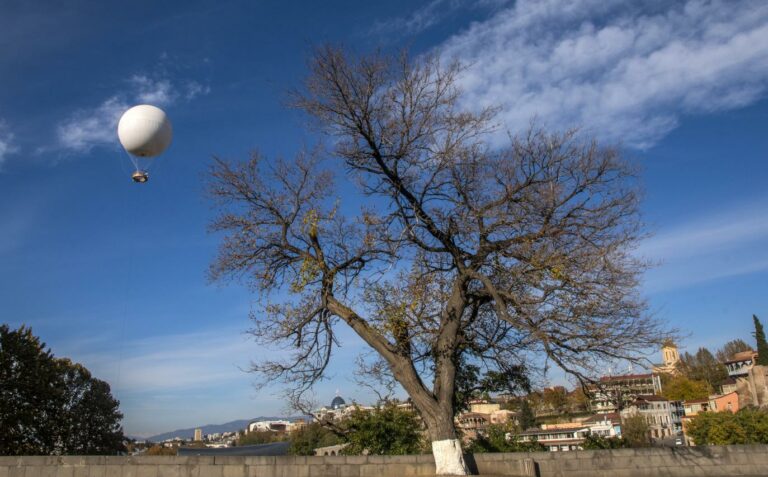
EU, UN and Austria launch new project to improve air quality in Georgia
More campaign pages:
Interested in the latest news and opportunities?
This website is managed by the EU-funded Regional Communication Programme for the Eastern Neighbourhood ('EU NEIGHBOURS east’), which complements and supports the communication of the Delegations of the European Union in the Eastern partner countries, and works under the guidance of the European Commission’s Directorate-General for Neighbourhood Policy and Enlargement Negotiations, and the European External Action Service. EU NEIGHBOURS east is implemented by a GOPA PACE-led consortium. It is part of the larger Neighbourhood Communication Programme (2020-2024) for the EU's Eastern and Southern Neighbourhood, which also includes 'EU NEIGHBOURS south’ project that runs the EU Neighbours portal.

The information on this site is subject to a Disclaimer and Protection of personal data. © European Union,







